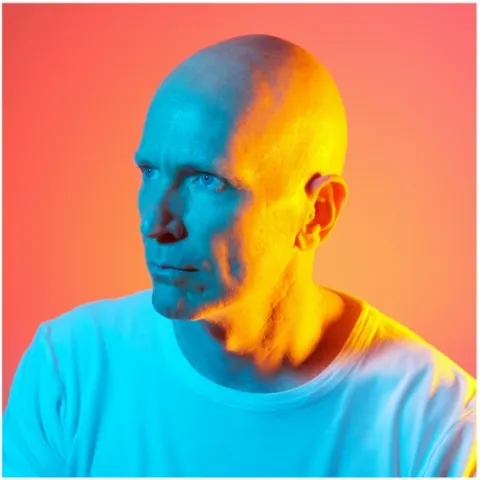Project overview
The project is a workshop developing approaches to site-responsive composition, exploring music’s relationship with the acoustic in which it’s performed, and the choreographic implications of spatialising sound in live performance. A final showing will allow an invited audience to explore, over 30-minutes and three floors, the immersive, emotional experience of music moving around acoustic space.
A partnership with Plus Minus Ensemble, Tim Hand (audio), and John Hansard Gallery, the work draws on scholarship from a range of fields, including acoustics, affective aesthetics, and aural architecture, as well as theatre-, choreography- and studio-based creative practices.
We have an emotional relationship with the sound of physical spaces, both natural and made-made (consider the awe-inspiring depth of sound in Salisbury Cathedral, or the tinny brightness of a bathroom for example). Music has evolved along with and for these spaces, and composing in ways that exploit the acoustics of physical space – it’s fundamental frequencies and reverberation times, for example – offers novel aesthetic possibilities and models of working.
Further, as a creative practice that can be deployed in non-traditional performance spaces and audience-performer configurations, this research is a potentially a vital resource for reinvigorating live sound performance cultures post-COVID19.
A partnership with Plus Minus Ensemble, Tim Hand (audio), and John Hansard Gallery, the work draws on scholarship from a range of fields, including acoustics, affective aesthetics, and aural architecture, as well as theatre-, choreography- and studio-based creative practices.
We have an emotional relationship with the sound of physical spaces, both natural and made-made (consider the awe-inspiring depth of sound in Salisbury Cathedral, or the tinny brightness of a bathroom for example). Music has evolved along with and for these spaces, and composing in ways that exploit the acoustics of physical space – it’s fundamental frequencies and reverberation times, for example – offers novel aesthetic possibilities and models of working.
Further, as a creative practice that can be deployed in non-traditional performance spaces and audience-performer configurations, this research is a potentially a vital resource for reinvigorating live sound performance cultures post-COVID19.
